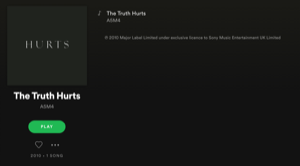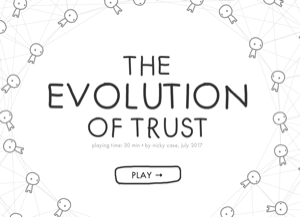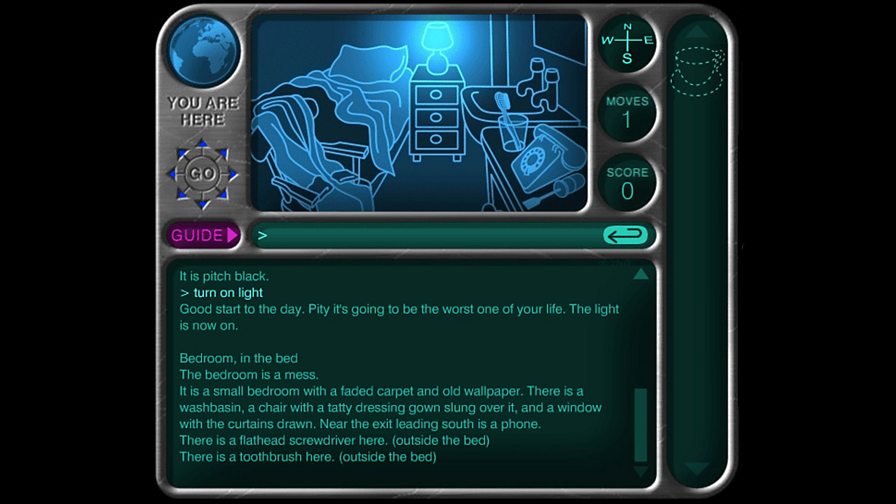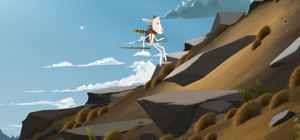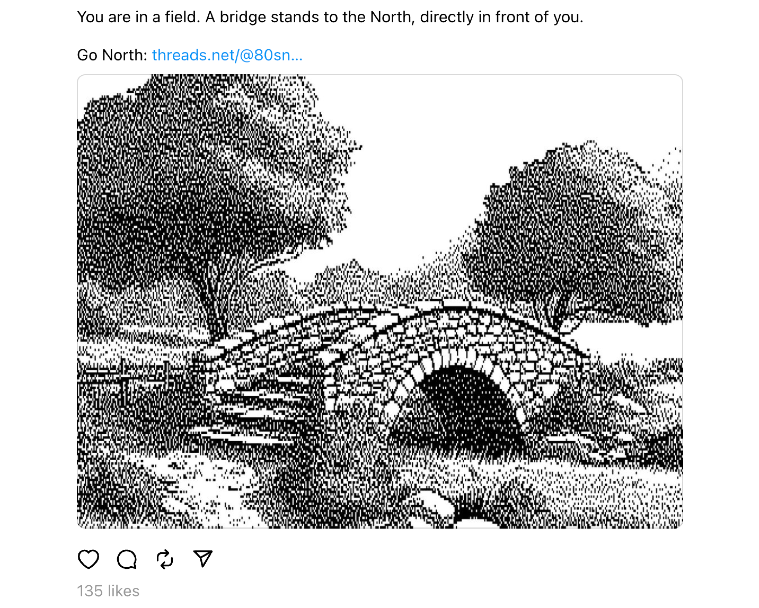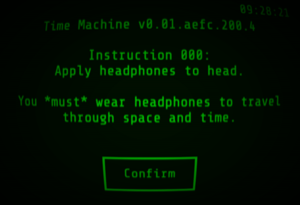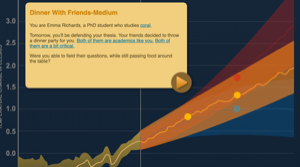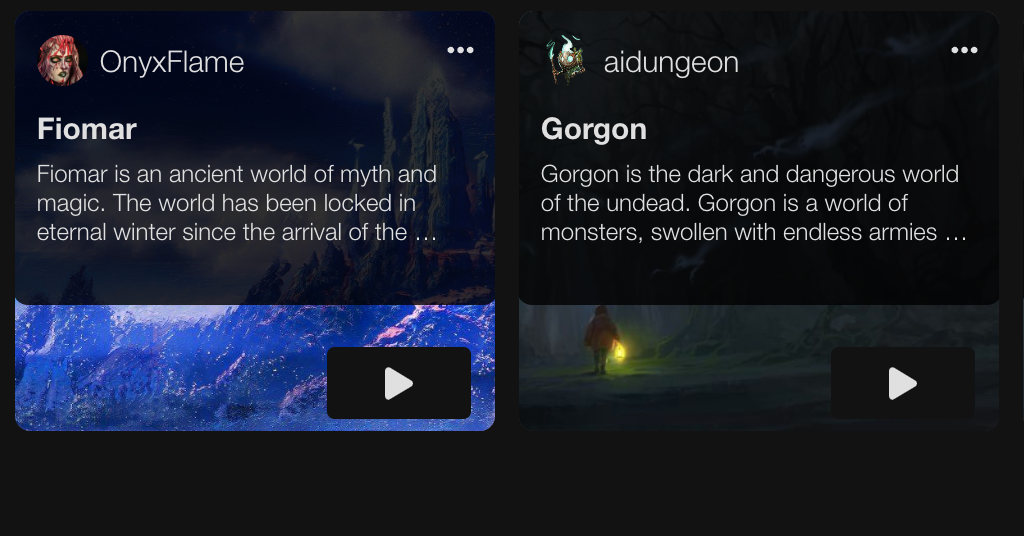Interactive Narrative
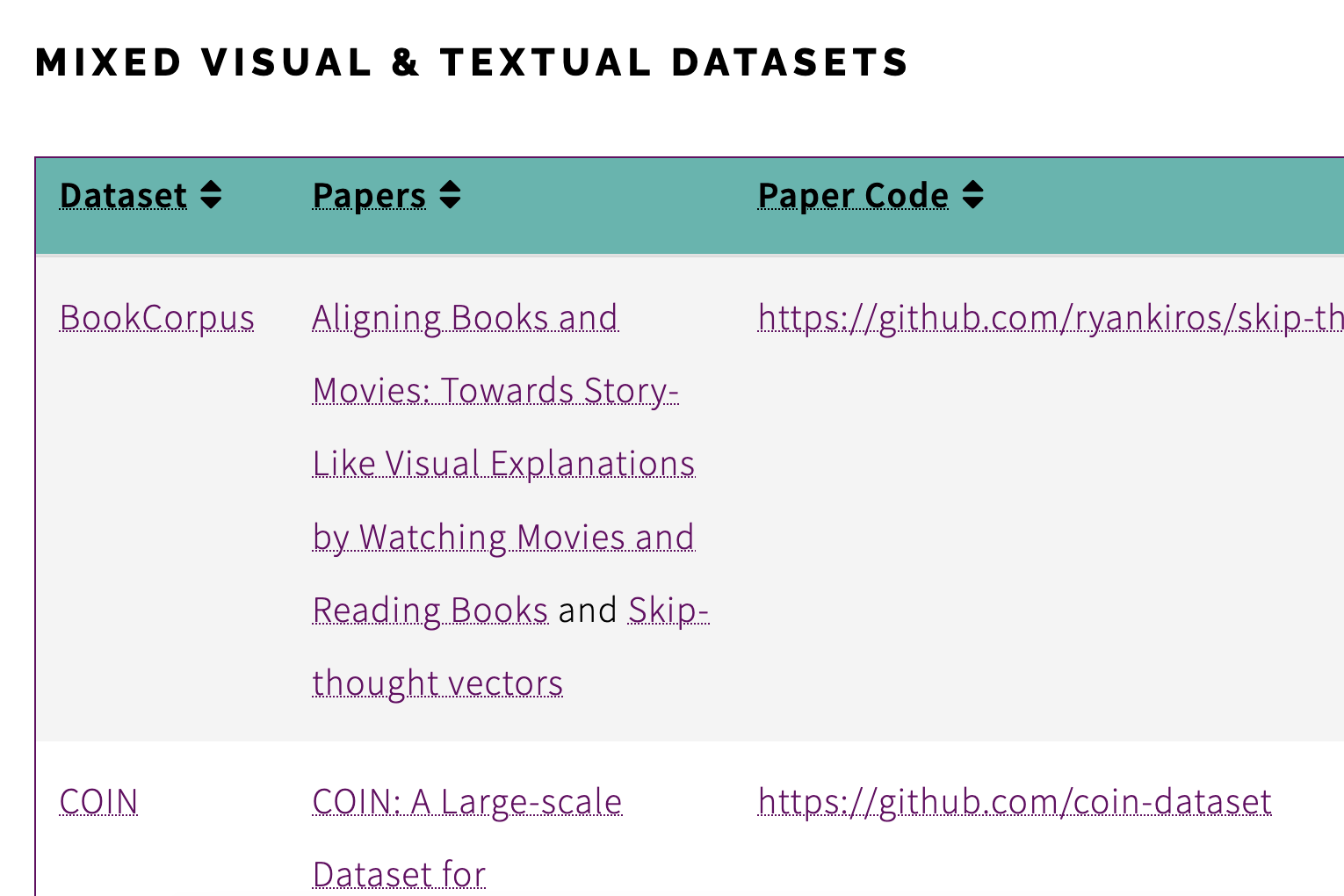
UltraOutliner
Unusual Russian tool for designing interactive narratives or story plots. You enter characters, and locations and plot points, linking them together.
At the end, you can export as a .csv file.
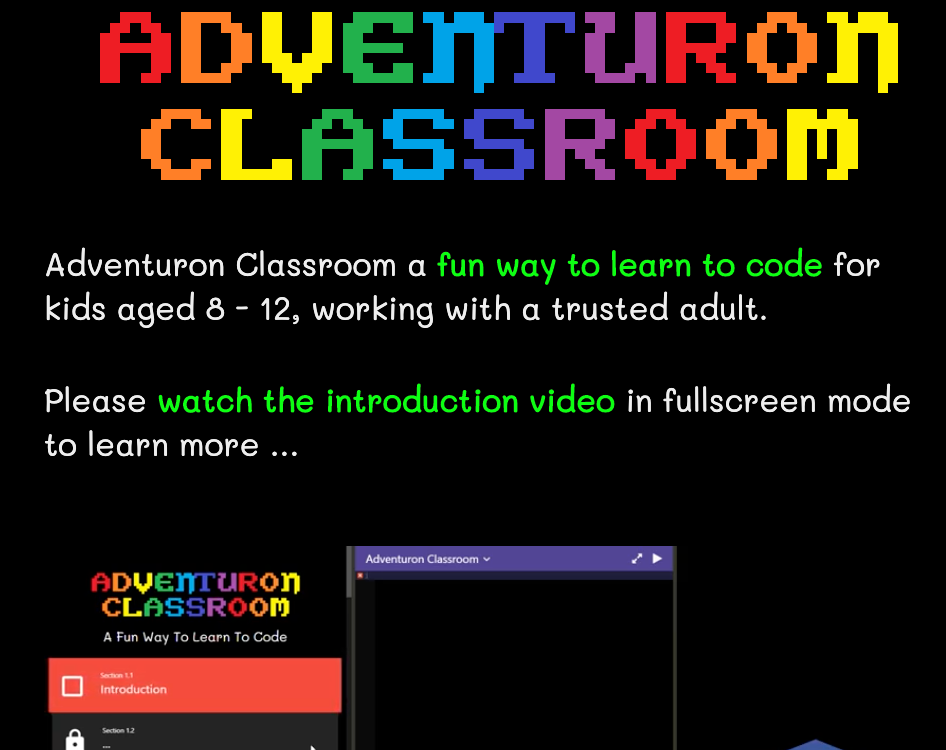
Study Crafter
An amazing tool to create interactive games with a flow-coding interface, but equally could be used to make training materials. The primary use for this tool is to collect research data about what choices people made.
Free.
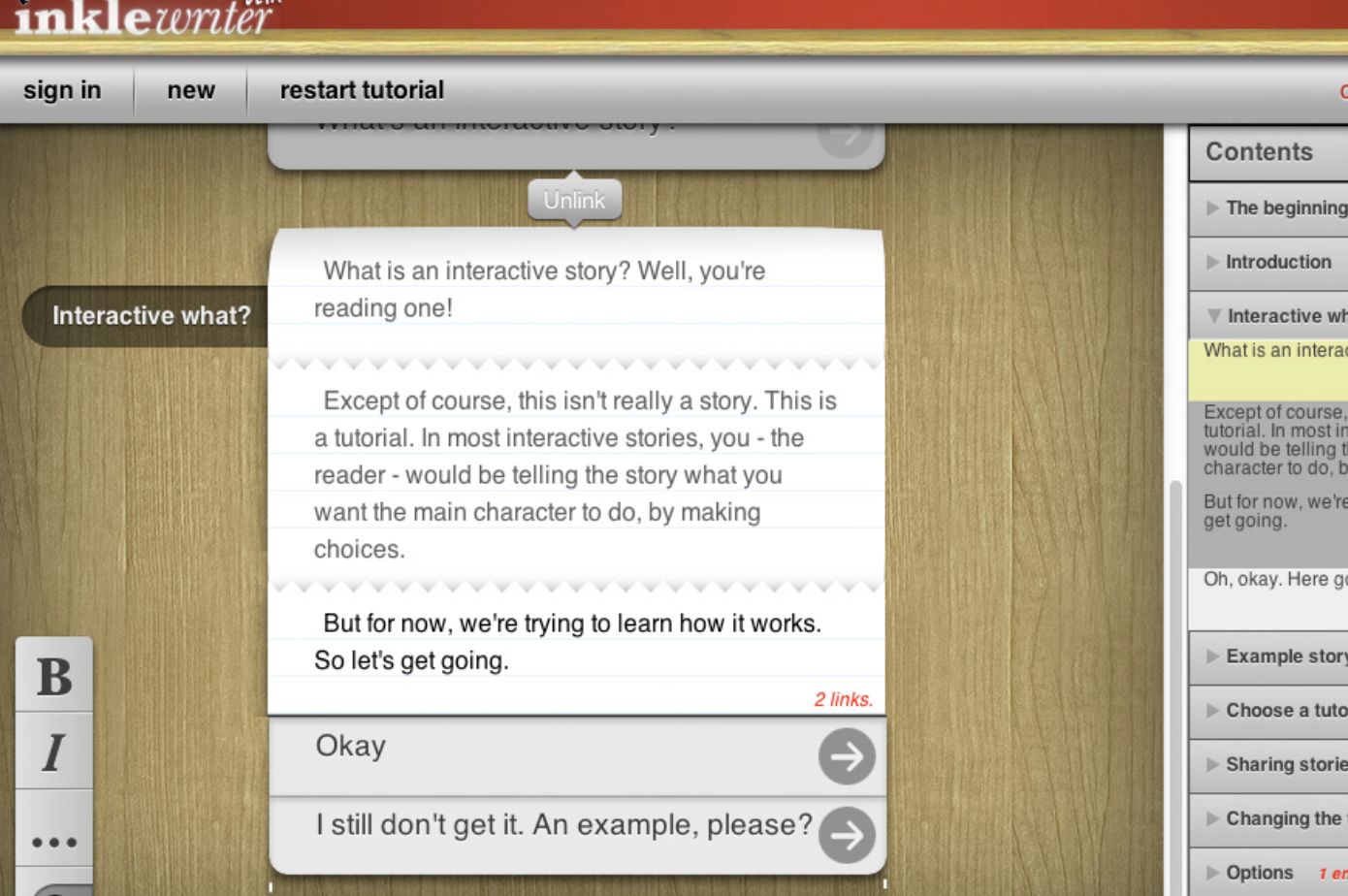
InkleWriter
A lovely tool for creating "unfolding stories" that get longer, interactive narrative style, but different. You can add paragraphs, choices and add image URLs (which is interesting, because that means you *could* use almost any image out there on the web.
For developers, stories can be output in .json format, meaning *real writers* could use this tool to "tell a story" and developers might incorporate it into a game easily. Interesting.
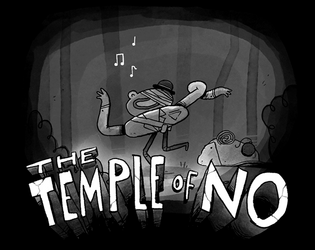
The Temple Of No
Fun and fantastic example of what can be done with the form of interactive narrative in Twine.
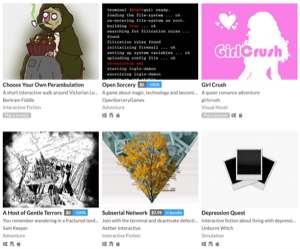
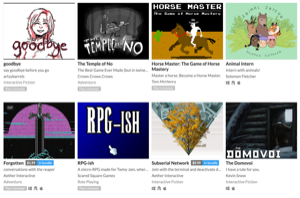
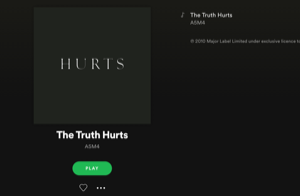
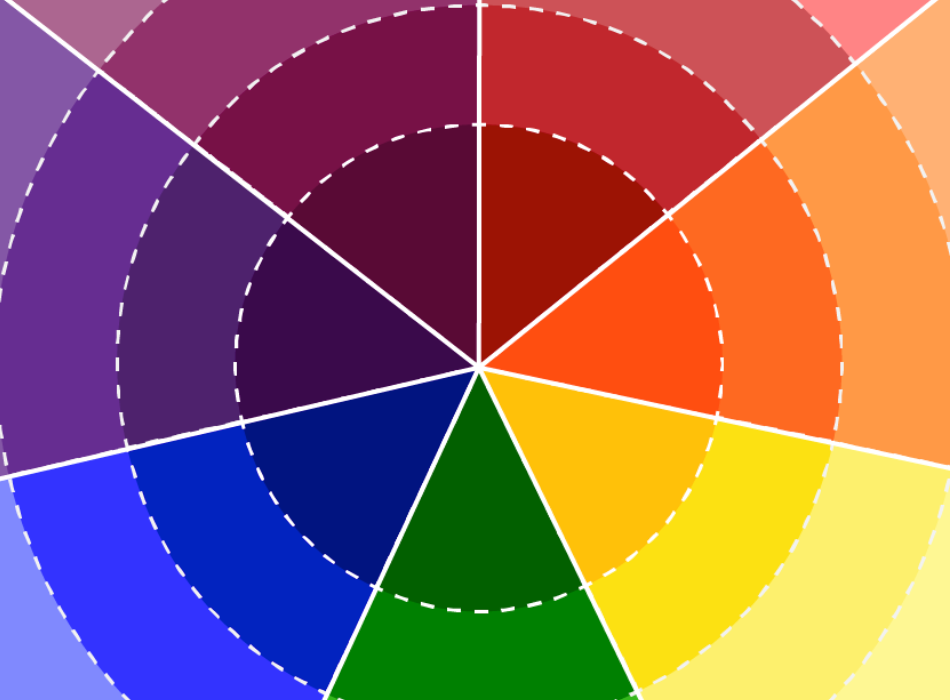
Polytopias
An article introducing the ideas of polytopias (and how to get there) and world-building... linked with sci-fi and interactive narratives too.

Interview with Meghna Jayanth
During her decade in the gaming industry, Jayanth, a British-Indian immigrant, has become known for highlighting the effects of British colonialism as much as for her award-winning work on games such as inkle’s 80 Days and Guerilla Games’ Horizon: Zero Dawn.
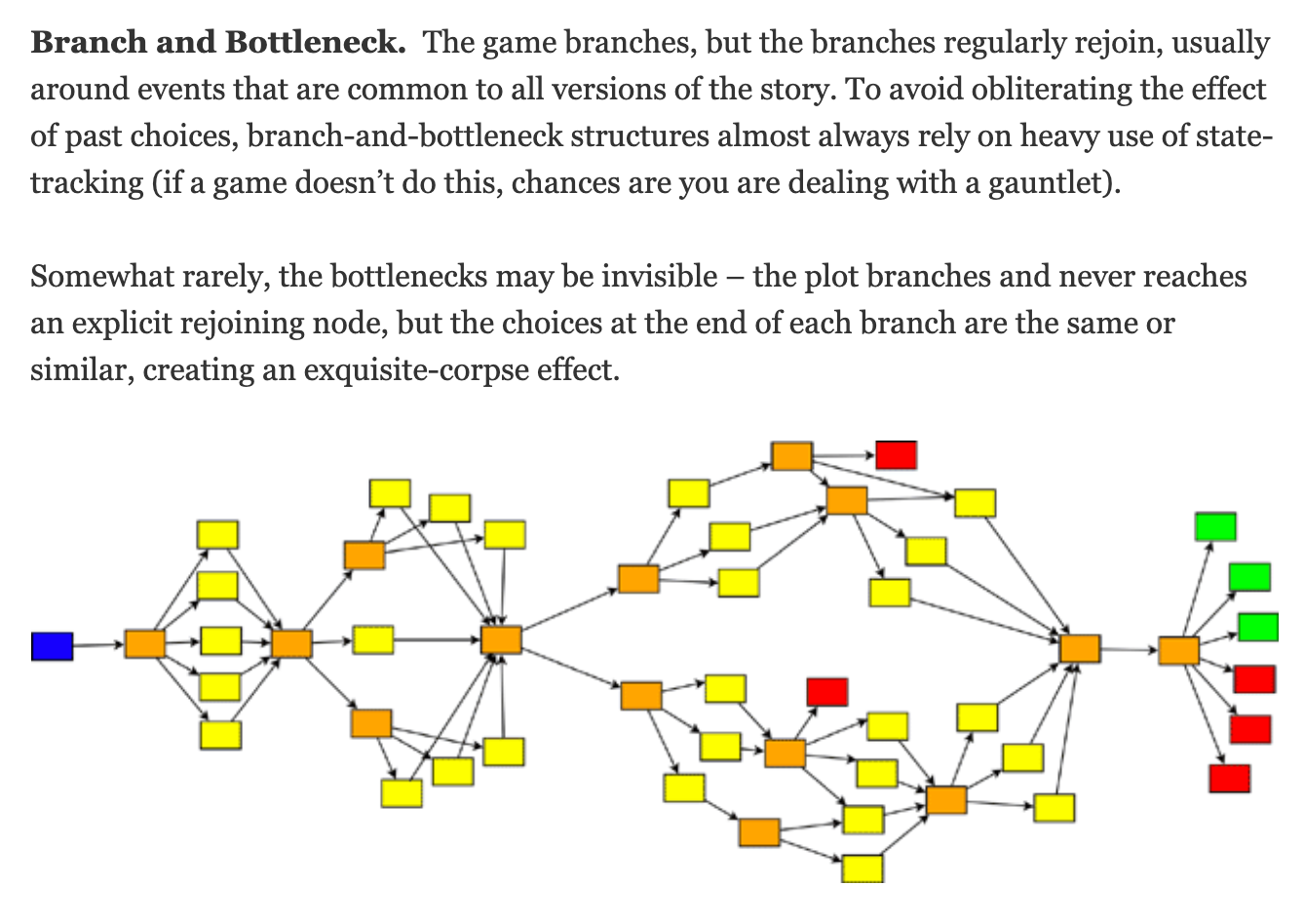
Models of Interactive Narratives
Nice explanation of how interactive narrative games/experiences can be structured.
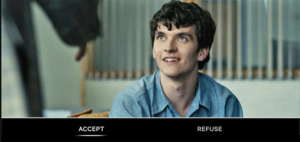
Bandersnatch
Bandersnatch was an interactive movie by Charlie Brooker available on Netflix.
From Wikipedia: In Bandersnatch, viewers make decisions for the main character, the young programmer Stefan Butler (Fionn Whitehead), who is adapting a fantasy choose-your-own-adventure novel into a video game in 1984.
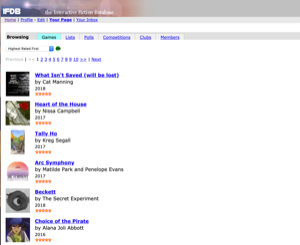
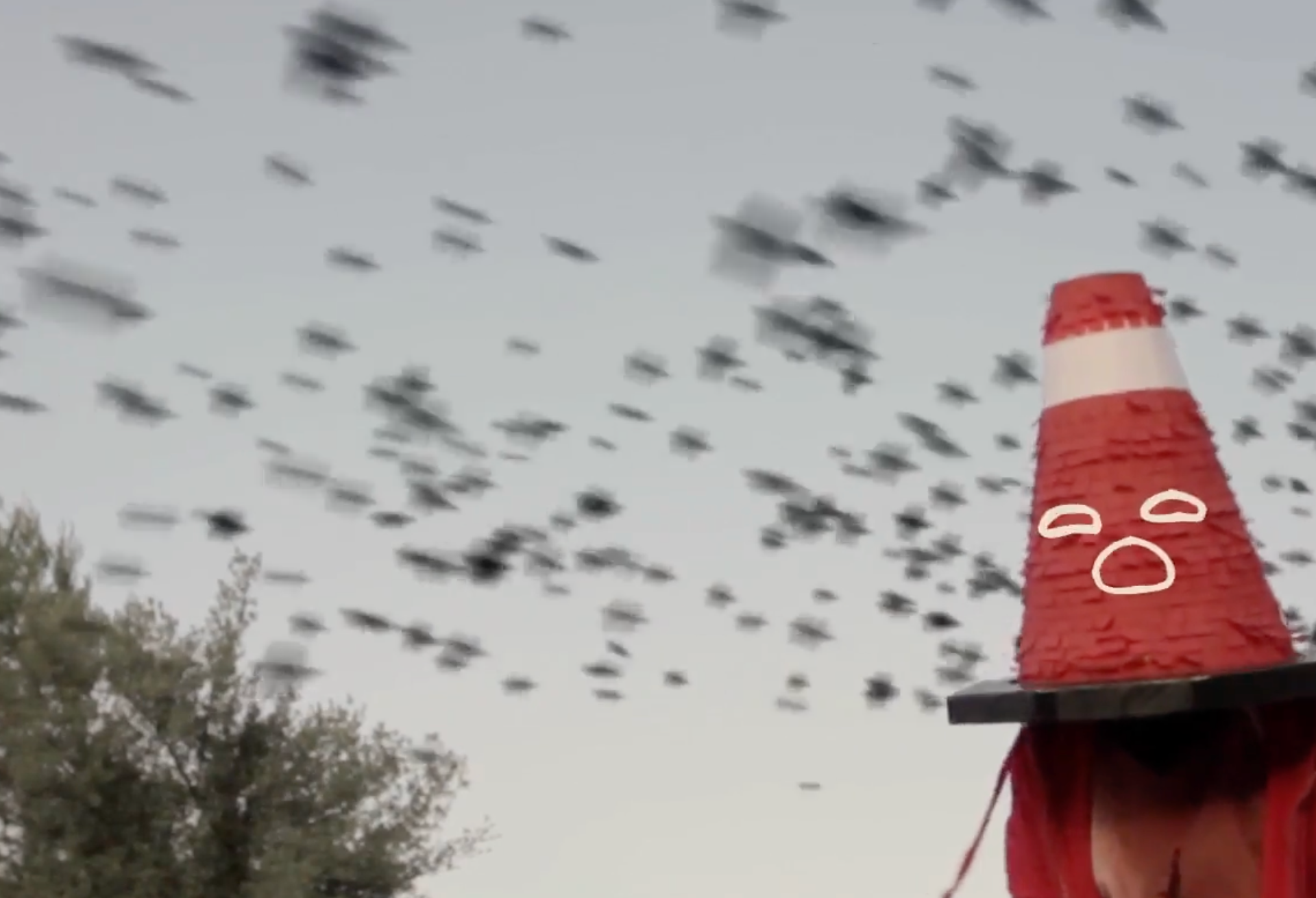
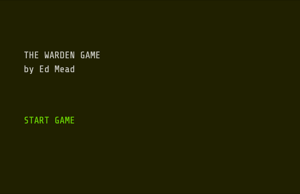
The Warden Game
Who has power in prison and how do they exercise it? The Warden Game provides an unexpected way of thinking about these questions. Rather than a total institution of some predictability, the prison turns out to be susceptible to different forms of activity by incarcerated people, their families and loved ones, journalists, guards, judges, state legislators, and political appointees.
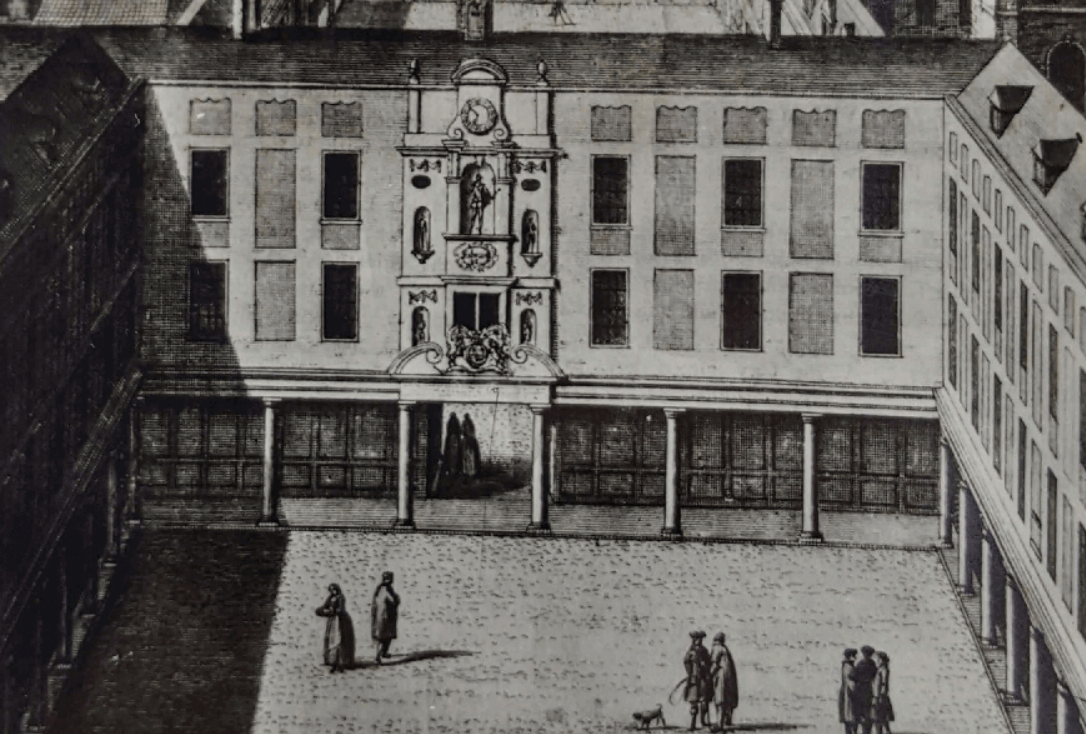
Old Operating Theatre
Probably not for the sqeamish (I am, so got to page two) but it's an interactive narrative about a victorian operating theatre.
Warning: This story is inspired by a real historical case and contains graphic descriptions of injury and surgery.
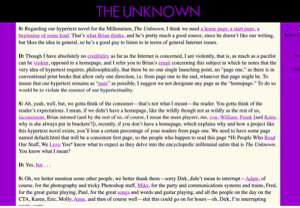

Ela-TV
Brilliant, video heavy interactive narrative created with Twine. The story of ELA takes place in a fictive scenario in near-future. In this future the so-called ALGOs are responsible for the administration of cities.
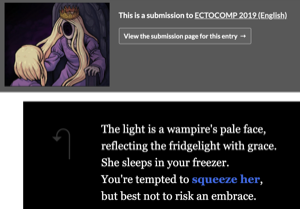
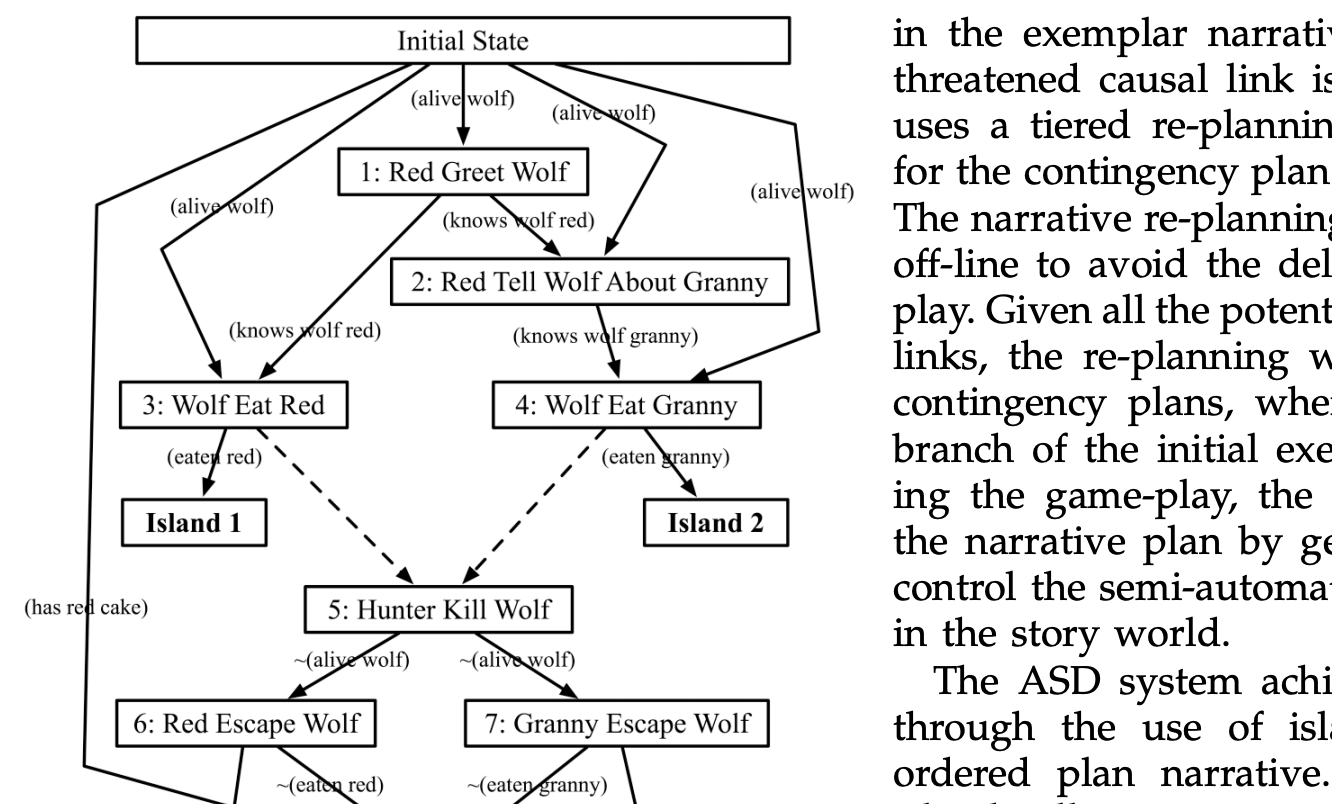
A REVIEW OF NINE INTERACTIVE NARRATIVE SYSTEMS
An academic paper about interactive narrative systems.
